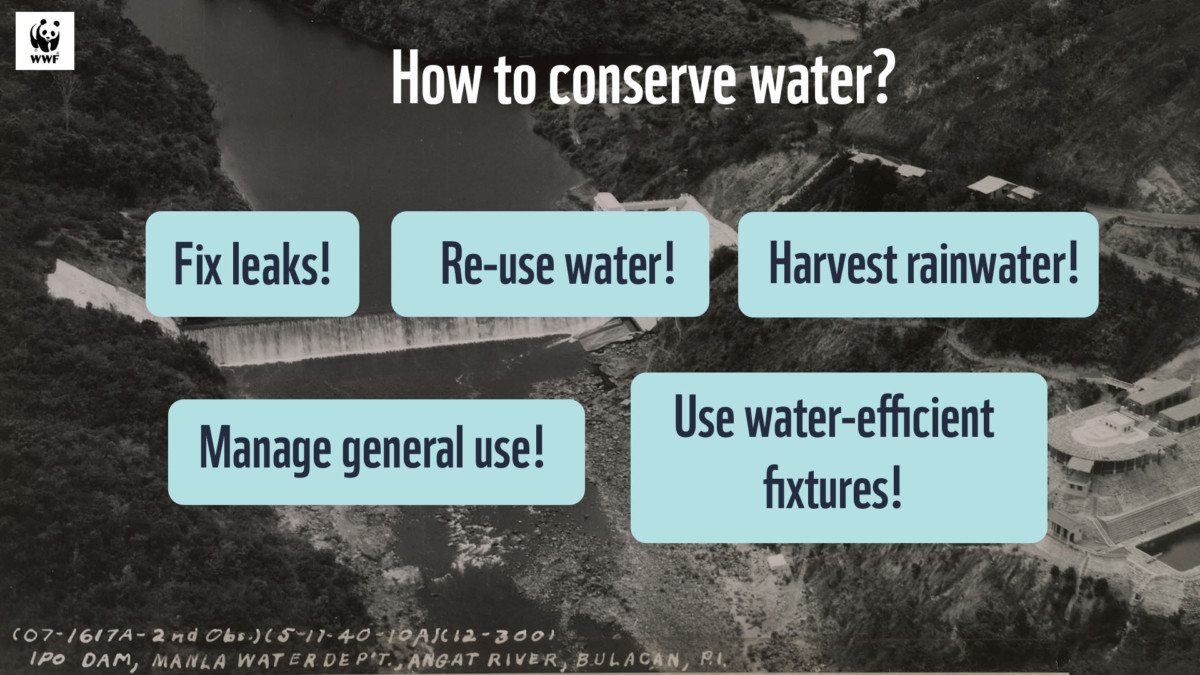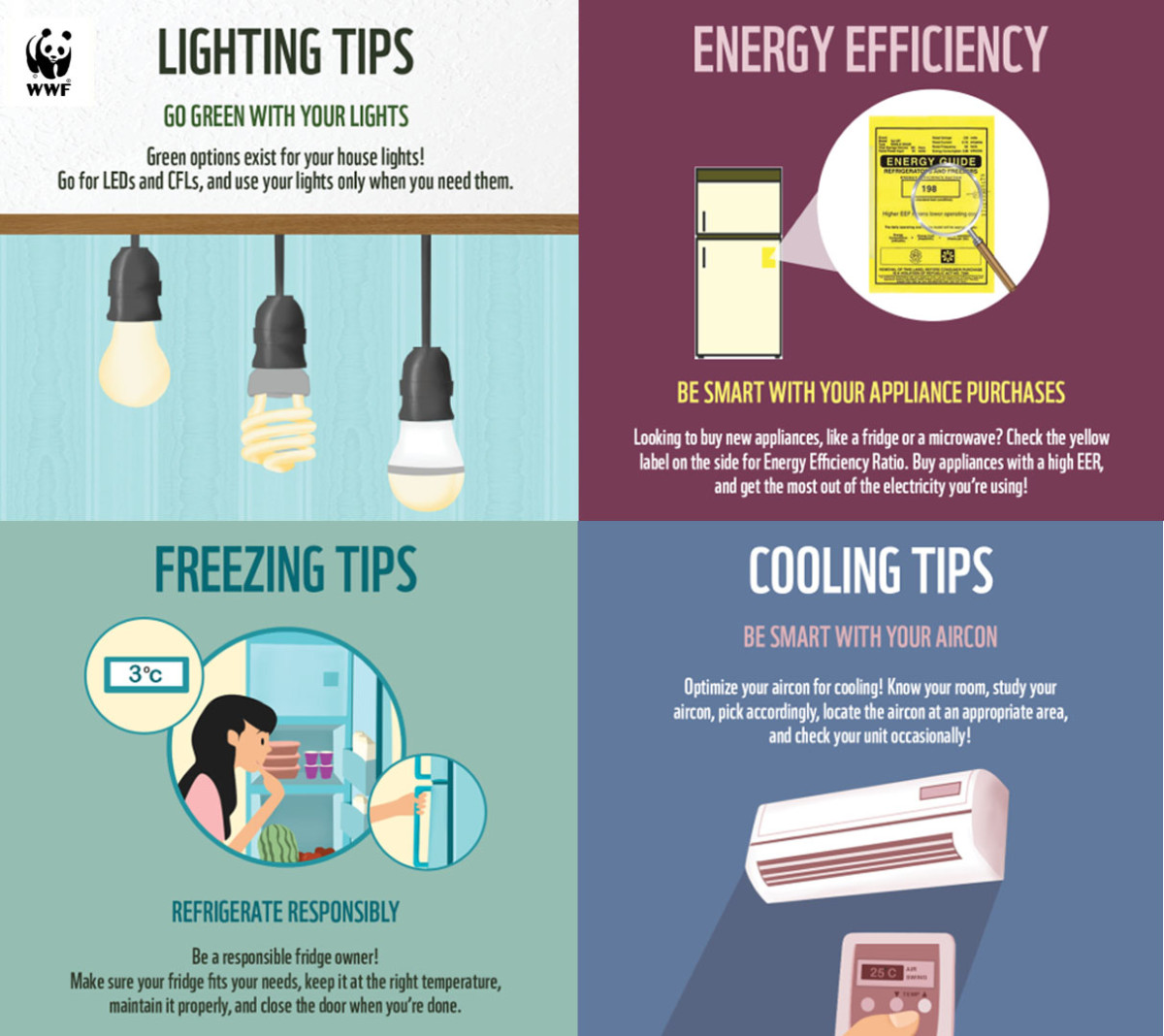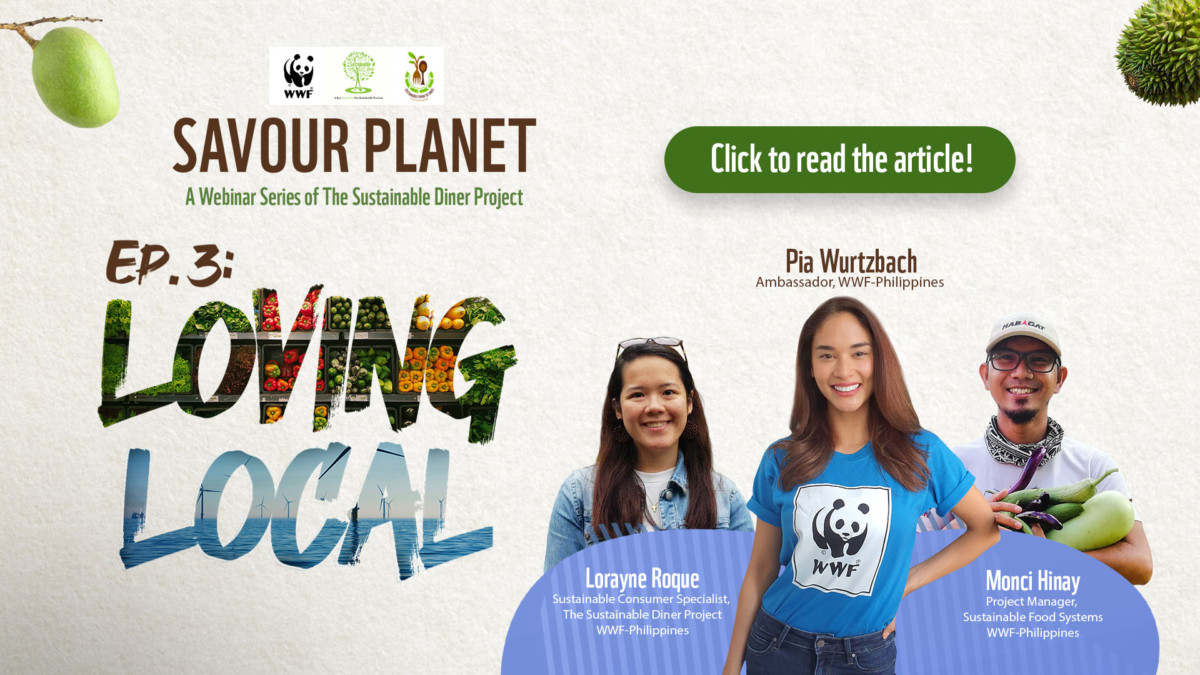Loving Our Own! Why Using Local Resources Efficiently Matters
May 2021
During our last Savour Planet episode on April 29, we talked about using our local resources efficiently to help save our planet! In the episode, we discussed the resources related to food production and consumption such as electricity, water, gas, and produce. We also highlighted the finiteness of natural resources and provided tips on how to conserve resources as consumers. We also discussed the concept of food miles, local sourcing, and growing our own food, and conducted a tutorial on Do-It-Yourself hydroponics at home.
Everything that humans need to survive everyday all come from Earth’s natural resources. Nature provides us with food, water, air, and shelter that are vital for our well-being. Nature also provides us with everything we need to grow our food. For example, we need clean water and healthy soil to grow a variety of nutritious food. Water and soil are finite resources. They cannot be easily replaced once consumed and are not recoverable within a human lifespan. If we want to continue to grow enough safe and nutritious food for everyone, it’s up to us to conserve our natural resources.
Do we want future generations to have access to the quality of life and natural resources that we enjoy today? Then we have to be efficient in using resources including water, fuel and electricity! Resource efficiency also means minimizing the impact of human activities on the environment - it includes the idea of ‘doing more with less.’
Savour Planet Episode 3: Loving Local was hosted by WWF-Philippines Ambassador Pia Wurtzbach and featured Sustainable Diner Project’s Sustainable Consumer Specialist Lorayne Roque and Sustainable Food Systems Project Manager Monci Hinay. Here are some tips on how we can use our resources for a better, more sustainable future!
Saving electricity and water saves our planet
Here are some quick tips to save water:
- Fix leaks
- Reuse water
- Harvest rainwater
- Manage general use, and
- Use water-efficient fixtures.

For efficient electricity consumption, check out these tips:
- Go for Light-Emitting Diode (LED) and Compact Fluorescent Lamps (CFLs), and switch off the lights when not in use.
- Choose appliances with high Energy Efficiency Ratio found in the yellow label.
- Keep your fridge at the right temperature, and ensure that it’s properly closed.
- Optimize your aircon use by considering the room area, and type of unit.

To learn more about resource conservation, watch the Savour Planet Episode 3 webinar on Youtube as Lorayne Roque, Sustainable Consumer Specialist of WWF-Philippines’ The Sustainable Diner Project, discusses her in depth knowledge and more real life experiences!
Grow your own food! Start your home garden with hydroponics.
Hydroponics is a method of growing plants without soil and using only water and containers. Kratky hydroponics is a passive, doable, cost-efficient, and space-saving type of hydroponics. For starters, here are the materials that will be needed: 1) Recycled plastic container such as ice cream container, 2) Net pot as container for the seedling, 3) Vegetable seedlings such as pechay, spinach, lettuce, etc., 4) Recycled sponge to serve as base for the seedling, and 5) water which can be from rainwater or tap water in 5.5 - 6.5 pH levels.
To learn more about how to do your own hydroponics at home, watch this simple and very informative demo video below of Monci Hinay, WWF-Philippines’ Sustainable Food Systems Project Manager.
Savour Planet is a webinar series that aims to demonstrate how to make sustainable dining a way of life. The title "Savour Planet" - a play on “Save Our Planet” - serves as a reminder that it is our responsibility to take care of our planet as we consume natural resources, such as food and water, for our daily needs. In case you missed the livestream, watch the video replay anytime and anywhere here: Savour Planet Episode 3.
Visit our website for more sustainable dining tips and watch out for our next events on the WWF-Philippines Facebook page.
The Sustainable Diner project, under Sustainable Consumption and Production, is part of the International Climate Initiative (IKI). The Federal Ministry for the Environment, Nature Conservation, and Nuclear Safety (BMU) supports this initiative on the basis of a decision adopted by the German Bundestag.
The Sustainable Diner and SoilMate Project Team: Melody Melo-Rijk, Jonna Ellaine Jordan, Lorayne Therese Roque, Alexa Jeanne Lasch, Iris Joy Abrigo, Liezl Stuart del Rosario, Kristan Gabriel Villalon, Jenette Callada, Monique Mahusay
Sustainable Food Systems Team: Monci Hinay
For more information, please contact:
Melody Melo-Rijk
Sustainable Consumption and Production Project Manager
mmelorijk@wwf.org.ph
Lorayne Therese Roque
Sustainable Consumer Specialist
lroque@wwf.org.ph
Monci Hinay
Sustainable Food Systems Project Manager
mhinay@wwf.org.ph

